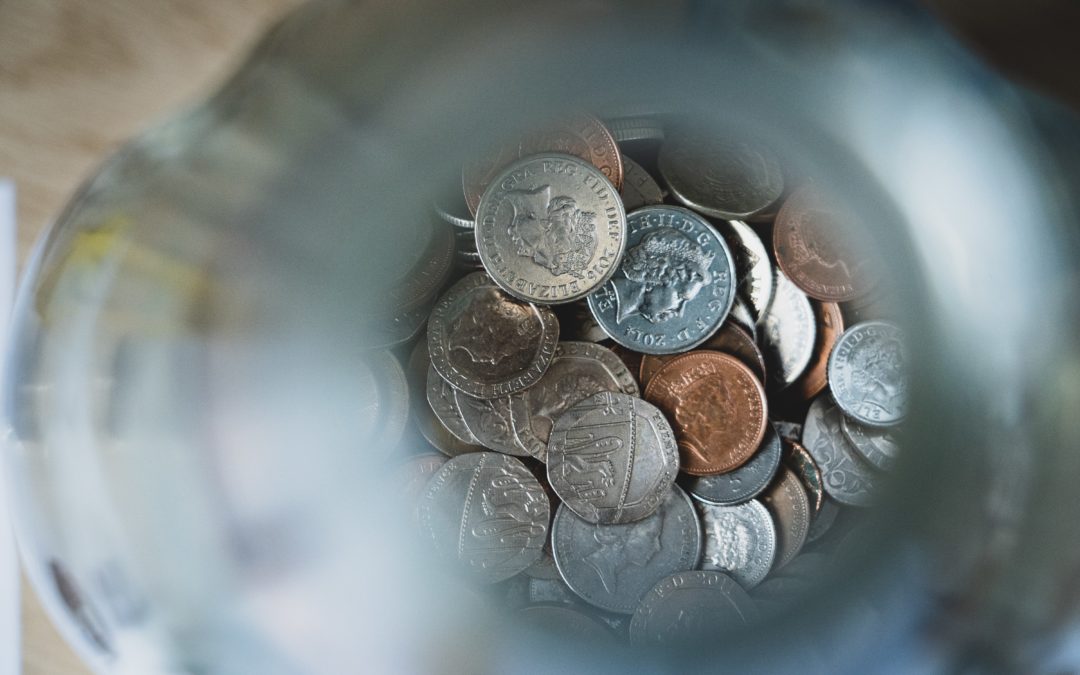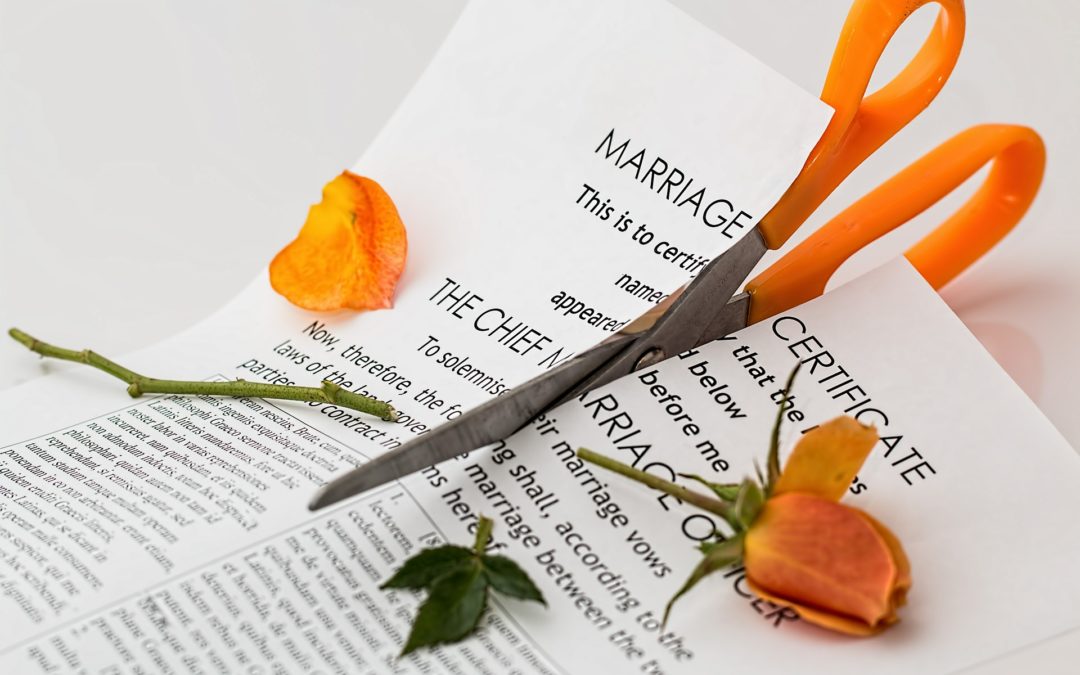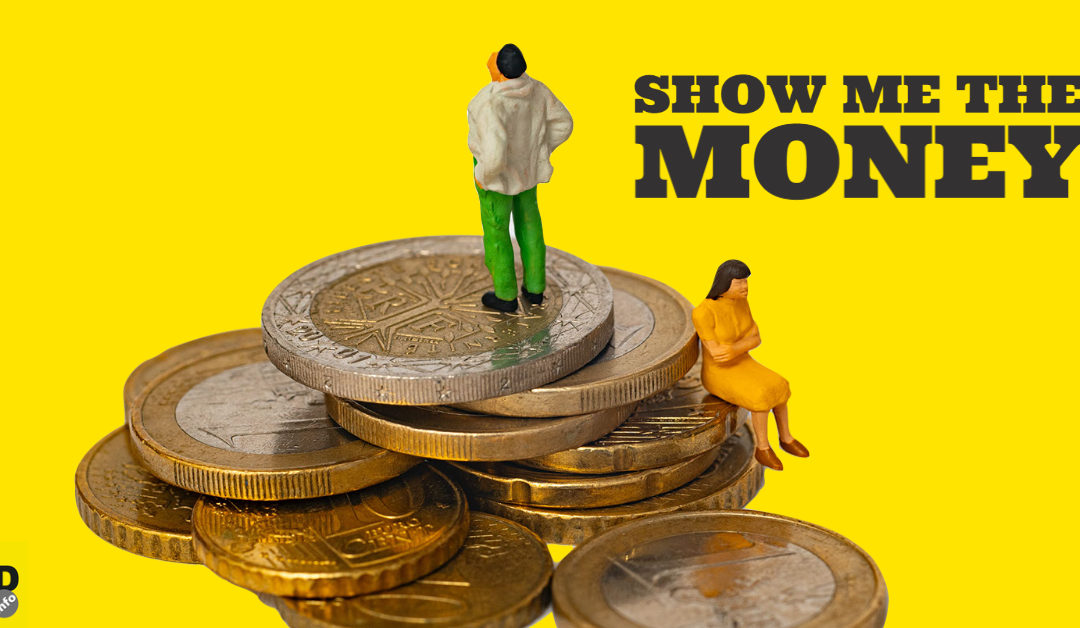Separation and divorce are difficult enough, without having to worry about unravelling your finances, but there are ways to make it easier. Our guides take you through what you need to know step by step…
Addressing the issue of debt, whether your own, or with your ex-partner, is one of the toughest aspects of a relationship break down. Avoiding it won’t do you any favours though – in all likelihood, it might cause more problems later on.
As with all things financial, start with the most important debts and work your way down.
Remember you are not alone, debt is an issue facing many couples. Confronting it and having a plan of action will take the sting out of any debts you may have together.
Should I be worried about debt?
Some debt is inevitable. A mortgage, after all, is debt. Credit cards, overdrafts and lease agreements are more expensive forms of debt. These are the ones you want pay off or avoid entirely, mainly because they cost so much.
One of the first things you should be aware of, is that it makes no difference whether you are married or living together. If you took out debts together before you split up, you will both be liable for paying them back, and if you took out a loan in your own name, then you, not your partner – will be expected to pay it back. Ditto if your partner took a debt out, they will be liable.
However, depending what the debt was for, you may want to come an agreement as to whether you can both afford to pay it off.
The debts we will cover in this guide are unsecured debts. A mortgage is a secured debt, in that if you don’t keep up repayments, the bank can repossess the property. In effect, the bank owns the property until the borrowers have paid it off. A second-charge mortgage is also a type of loan which is secured on your house. If you have taken out a credit agreement to buy a car or furniture, this too is a form of secured debt. So the item can be repossessed if you don’t keep up repayments. Some furniture purchases financed by credit are unsecured loans.
Unsecured debts, in most cases means your home (if you own it) is not at risk. Unsecured debts are credit cards and personal loans, which includes pay-day or short-term loans. Unsecured debt is normally for lower amounts, more often for amounts under £25,000.
How to pay off your debts
First you need to prioritise which debts you can pay.
The debts that you should pay first include your rent or mortgage, rates or council tax arrears and gas and electricity bills.
The reason you should pay these so-called ‘priority’ debts first is that if you don’t, you could be taken to court or lose your home.
Help on how to prioritise your debt – priority and non-priority debts – can be found here.
If you know you are going to have problems repaying these debts, then you need to speak to the companies involved. Your mortgage company might be able to switch you to an interest-free mortgage (we will cover this in more detail later), the same with utility and council tax bills. Remember that if you are separated you should get a reduction on your council tax; we will talk more about this later, too. The important thing is to let these creditors know if you feel you may not be able to pay the full amount.
Paying non-priority debts
Once you have addressed your priority debts, you should work out how much you can pay towards your other debts. These include credit or store cards, bank loans or hire purchase and catalogue debt.
The Money Advice Service has a budget planner which can help you work out exactly what you can afford to repay.
Once you’ve worked out what you can afford, you need to contact the lender and tell them what you can pay. At this stage, you might want to get some advice from a debt advice charity or Citizens Advice. Getting help means you might be able to get your creditors to freeze any interest, which means you won’t get further into debt.
You can get help with debt advice here.
Joint debts: what you need to do
If one of you can’t make payments towards a debt that is in both your names – such as a bank loan, overdraft or mortgage – then the other partner will have to pay, or you risk default.
If you can both continue making payments, all is well. However, if one of you doesn’t pay, it will affect both your credit ratings and make it harder if you wanted to get a mortgage in the future.
Gretchen Betts is a certified financial planner who specialises in helping couples sort out their finances after a split. She advises that couples:
- Have a joint account that they continue making payments from.
- Make sure that if one of you is unable to pay their share, you come to an agreement where the other partner pays it off.
- They can make a part contribution.
- Pay off any joint loans as soon as you can. If one of you needs to take the loan on, try to come to an arrangement on some form of contribution from the other partner.
These points assume you can come to an arrangement. But what if one of you won’t play ball.
Gretchen says: “You should definitely speak to your bank, credit card provider and any business where you have joint accounts or loans as soon as possible. You can instruct them to stop your partner running up any new debts or withdrawing funds. Freezing the accounts will mean that neither of you can get at the money, so you need to think about the implications, and whether you will both have enough money to live in the short-term.”
If your partner becomes more uncooperative, you need to keep your creditors informed. The Money Advice Service recommends that if you don’t think they are dealing with you fairly, you can complain to the Financial Ombudsman Service.








